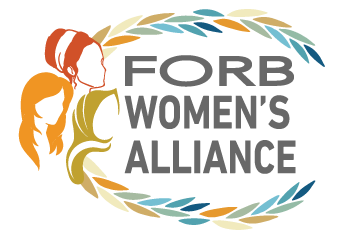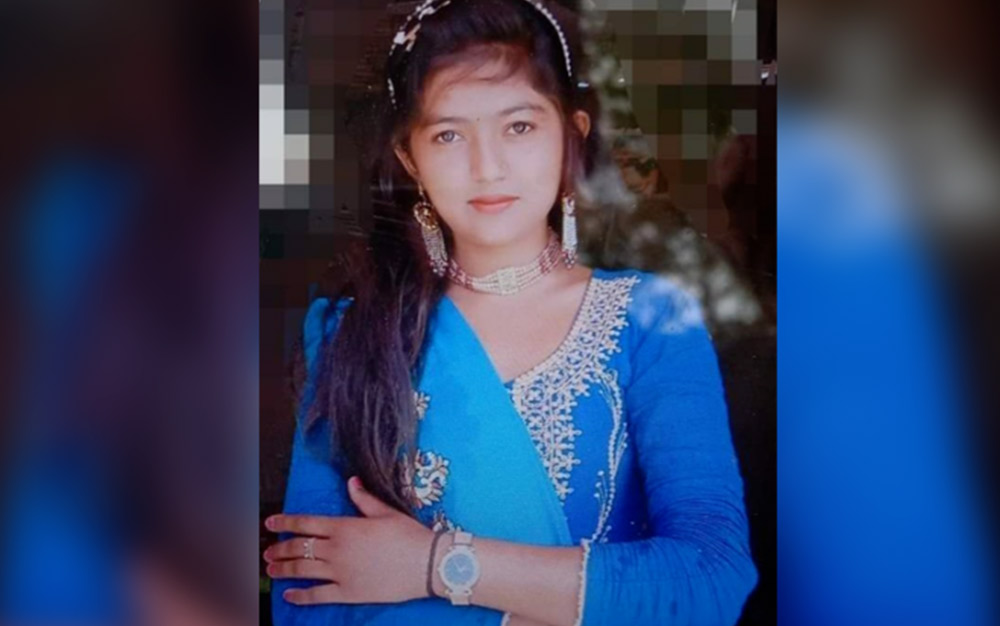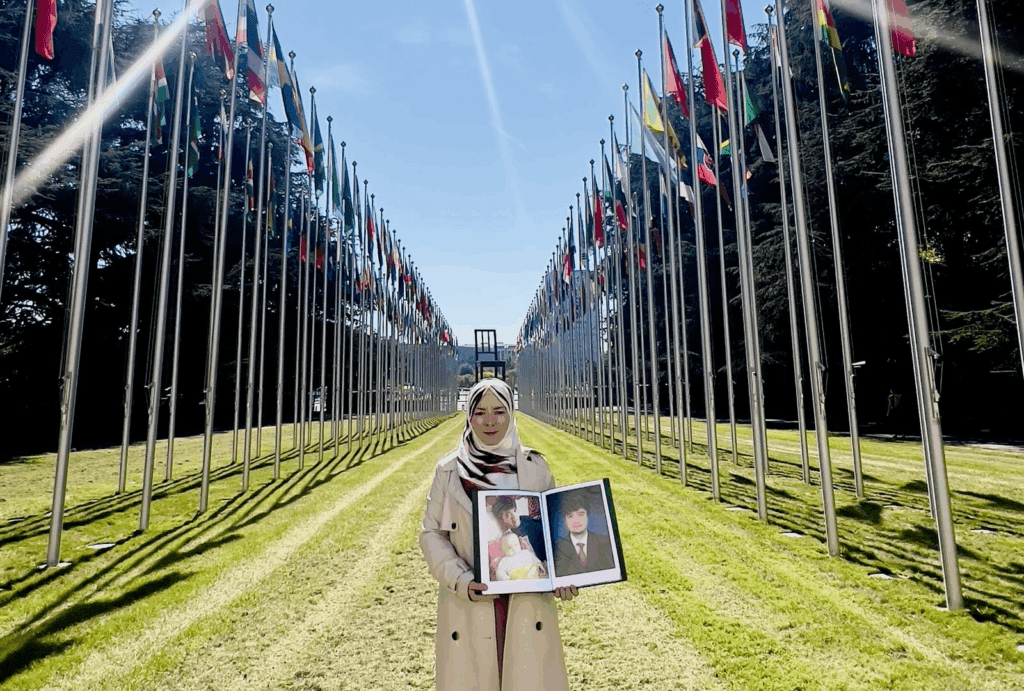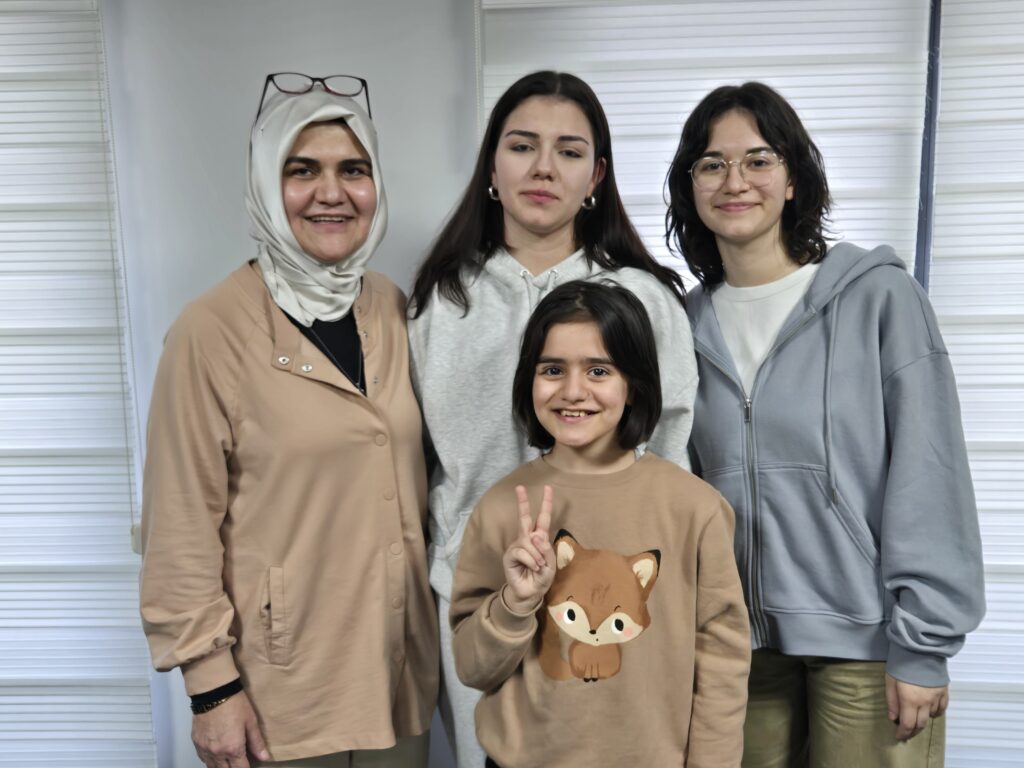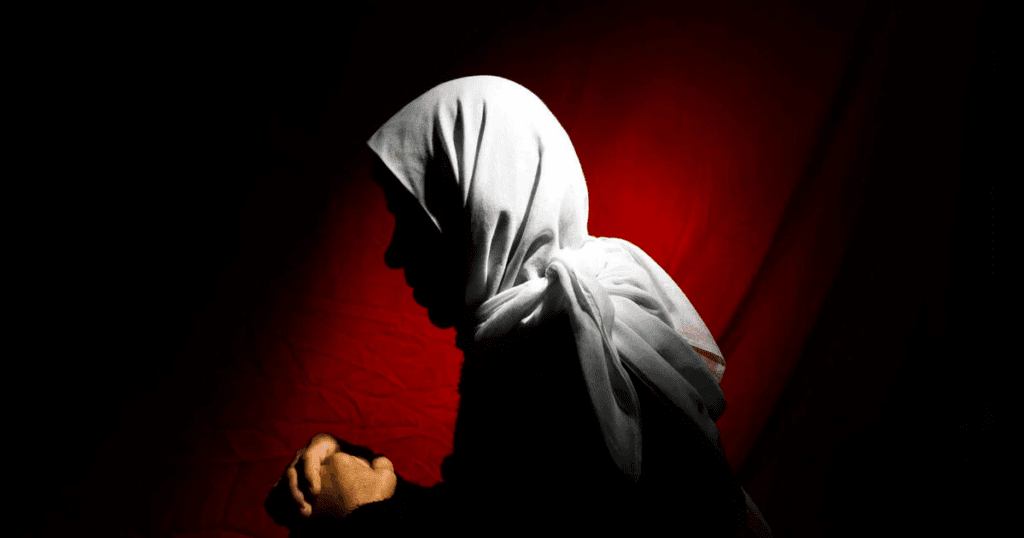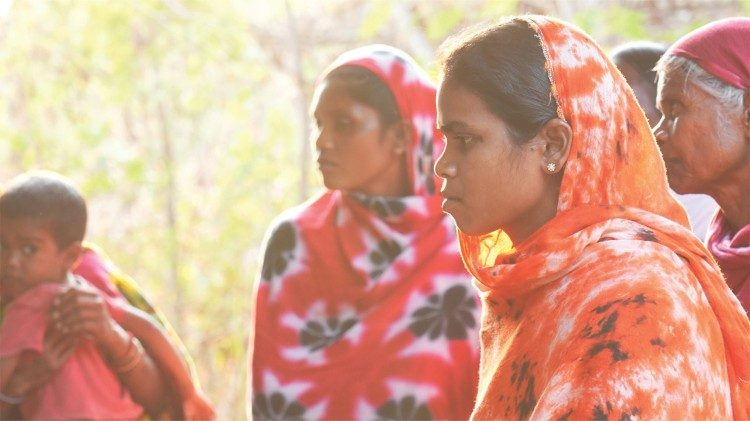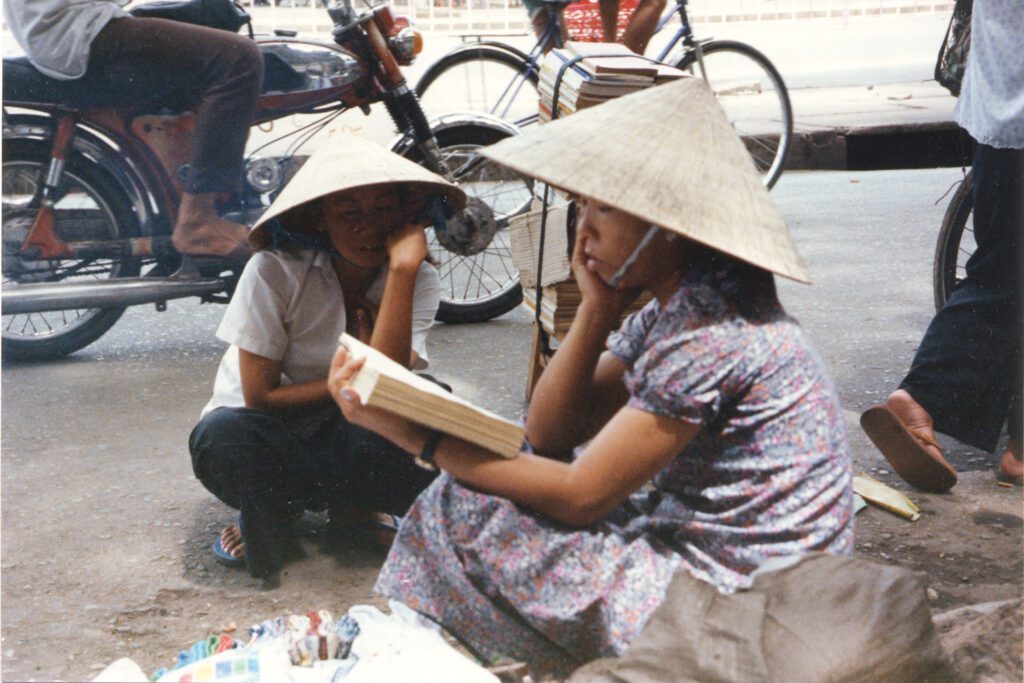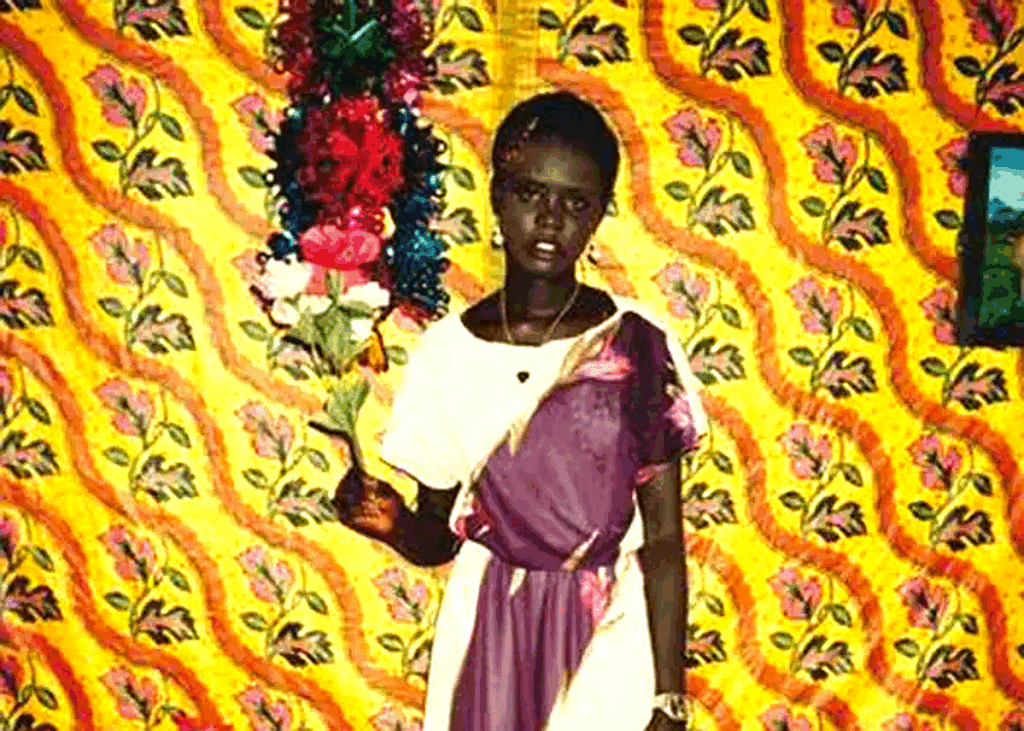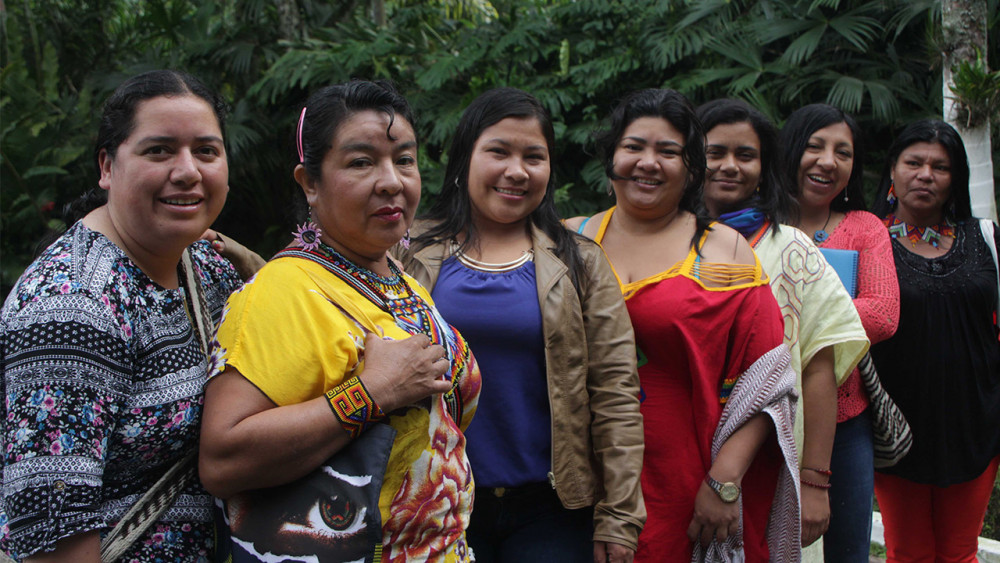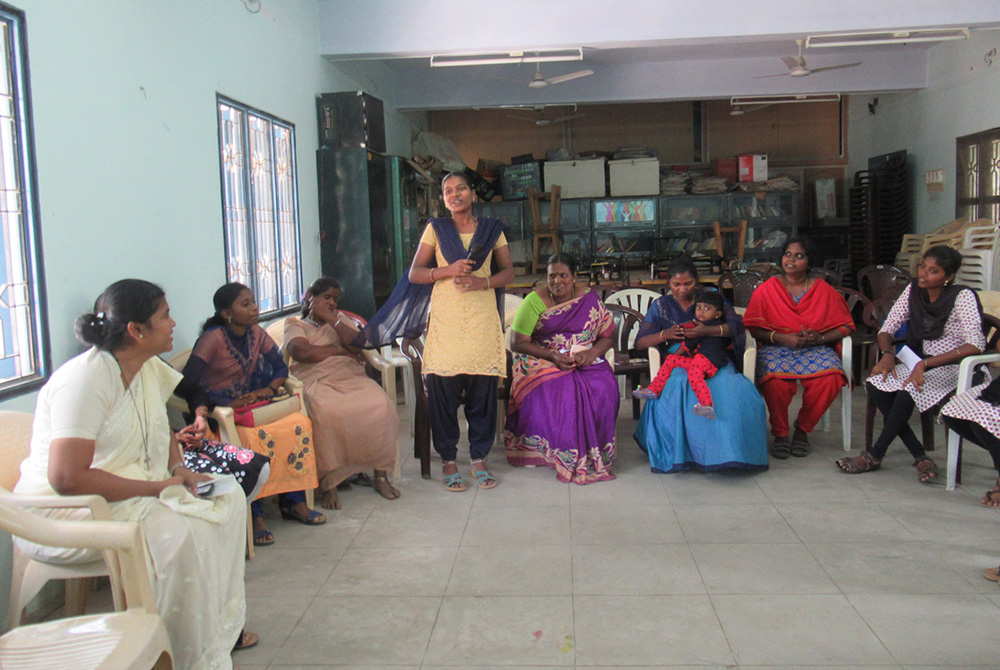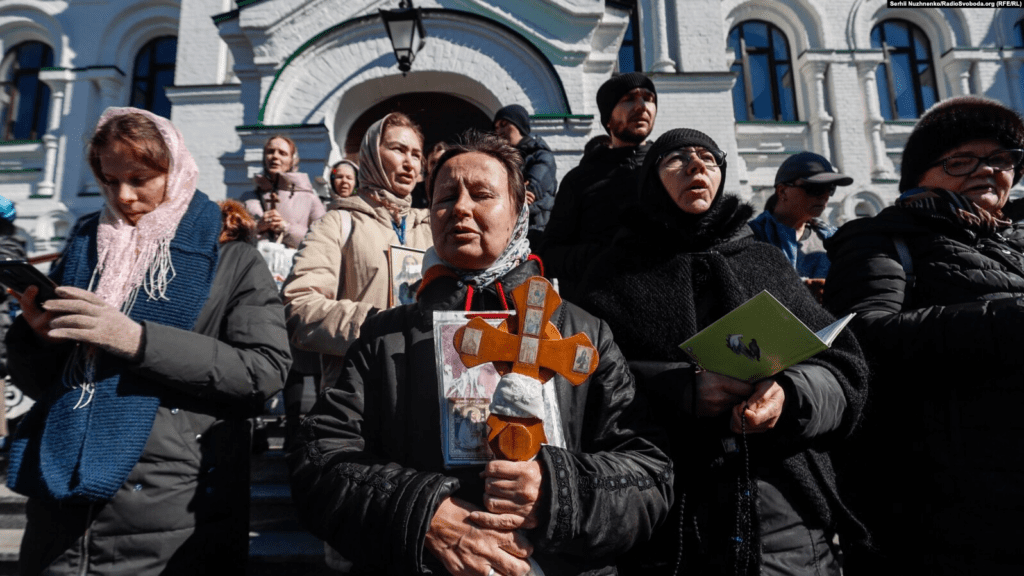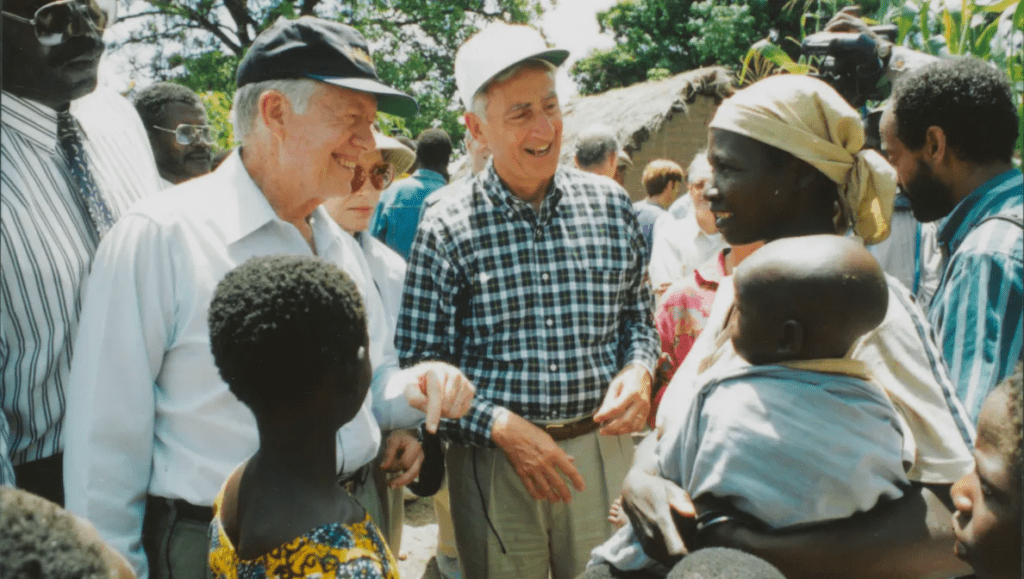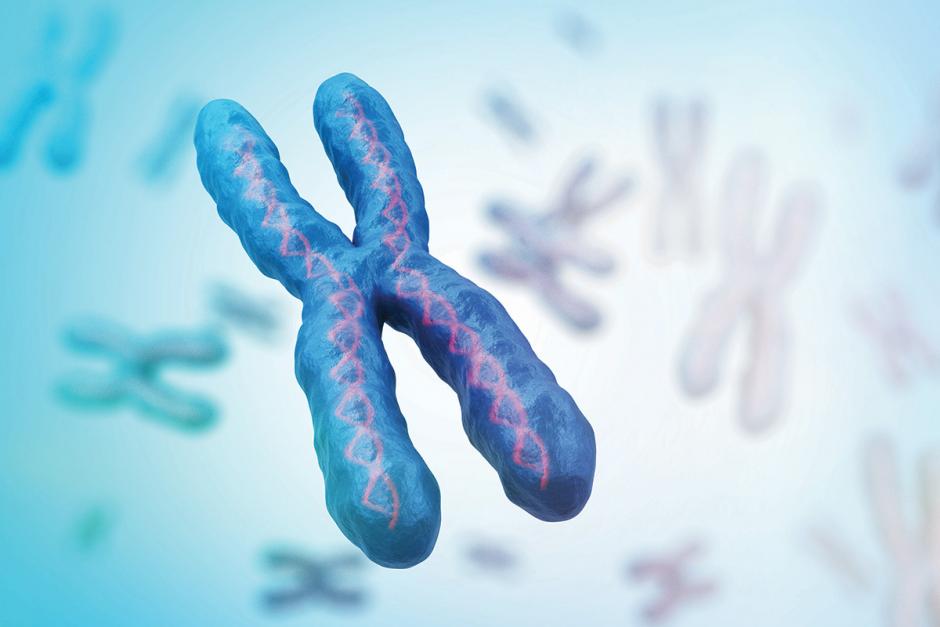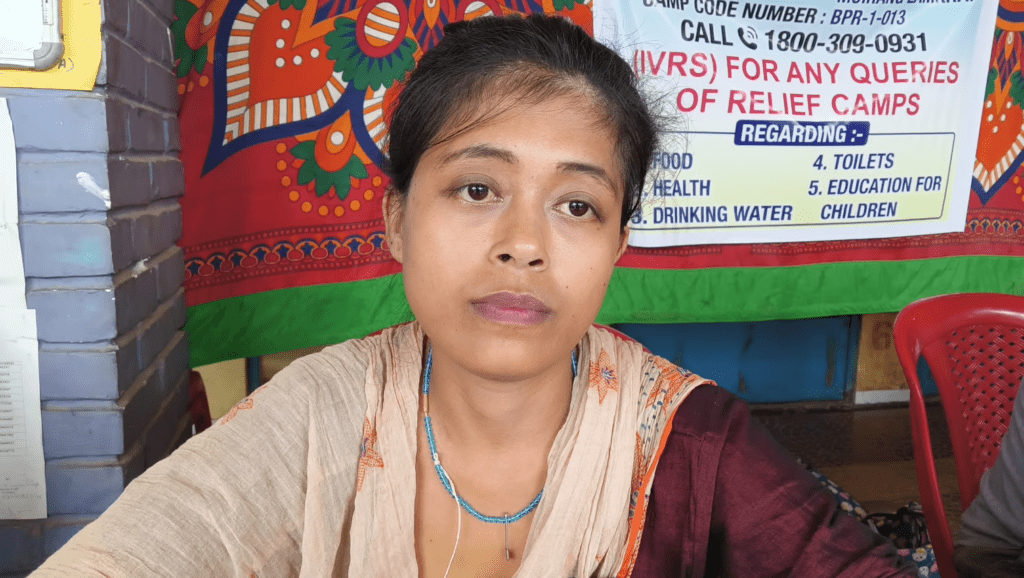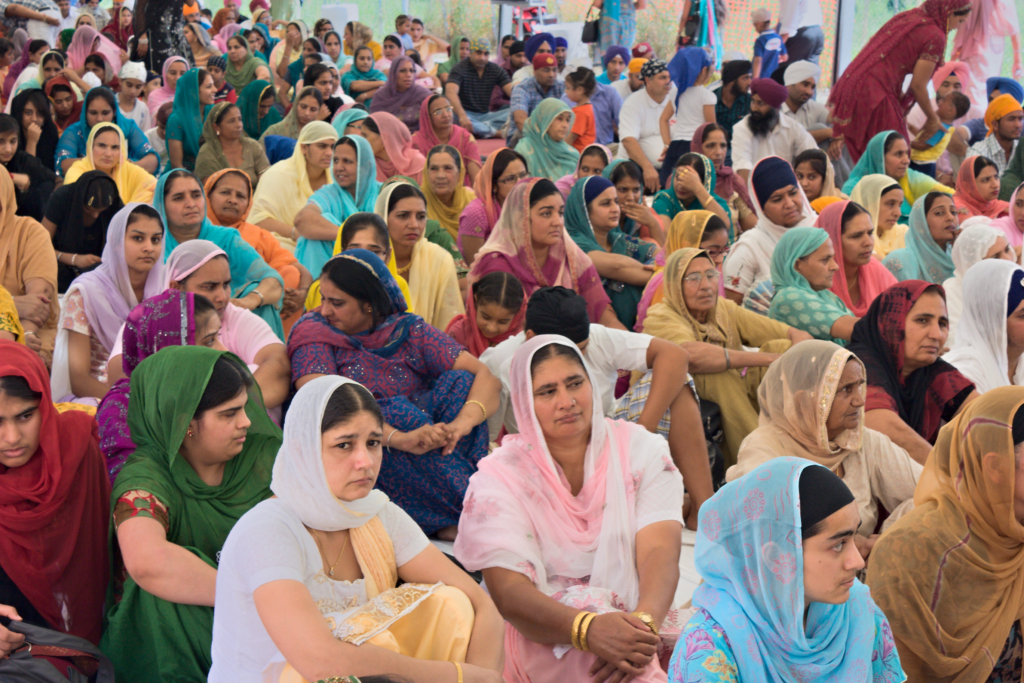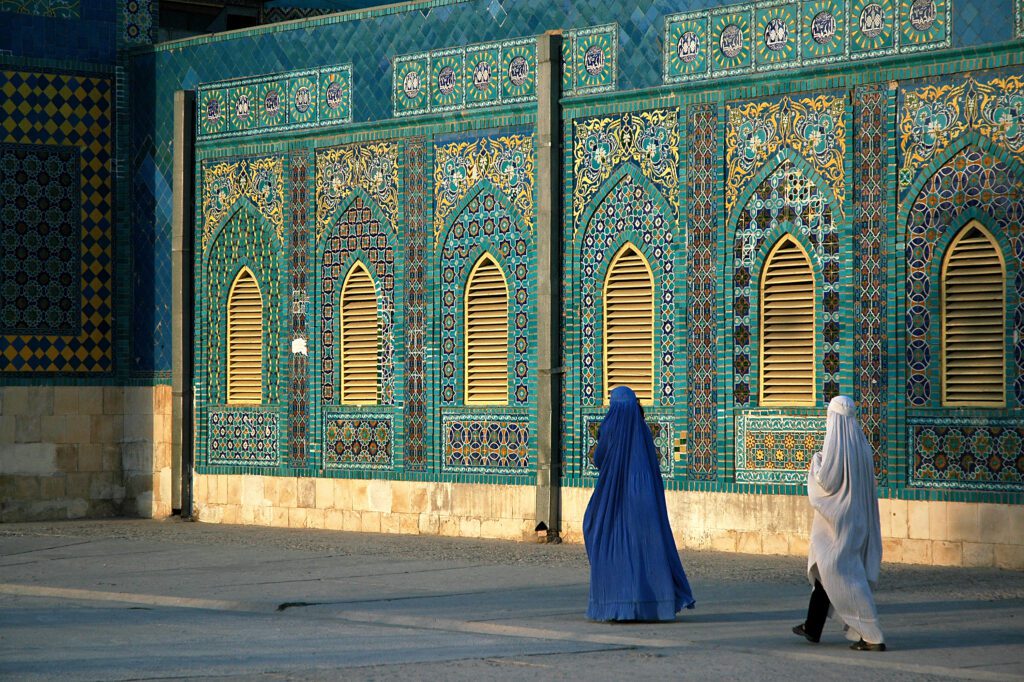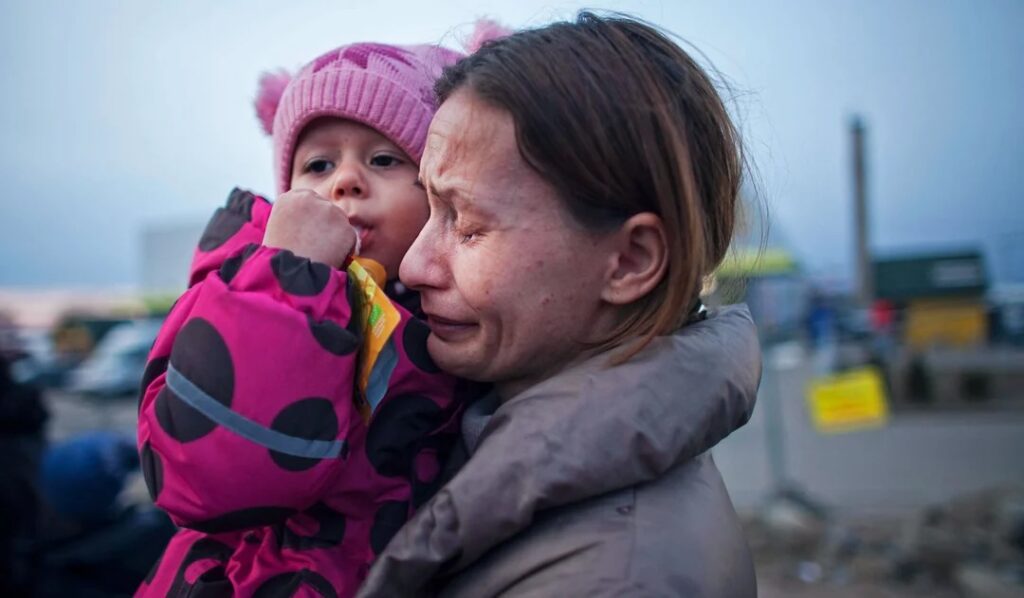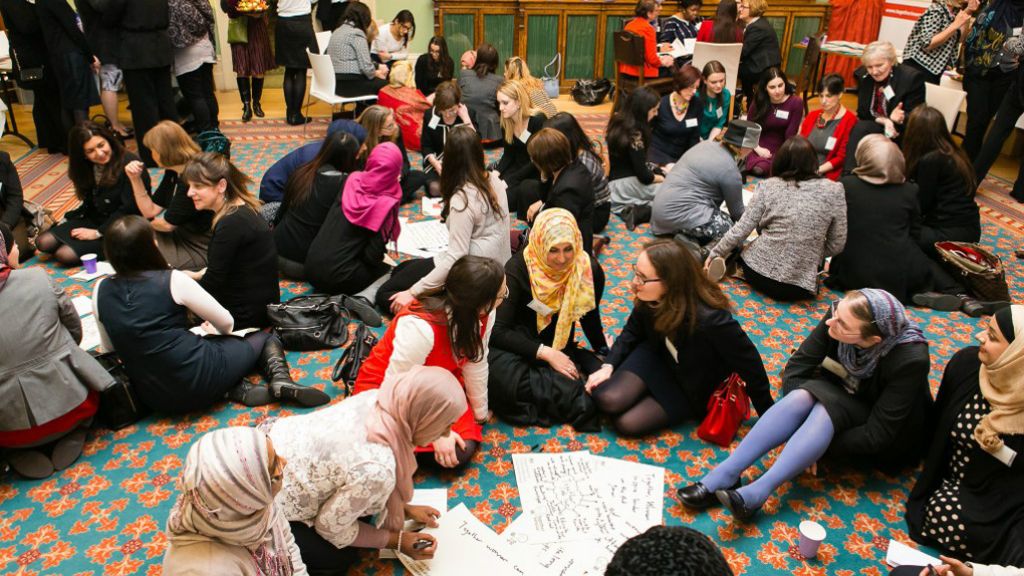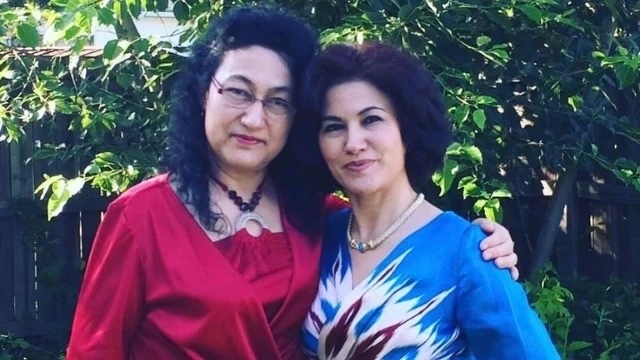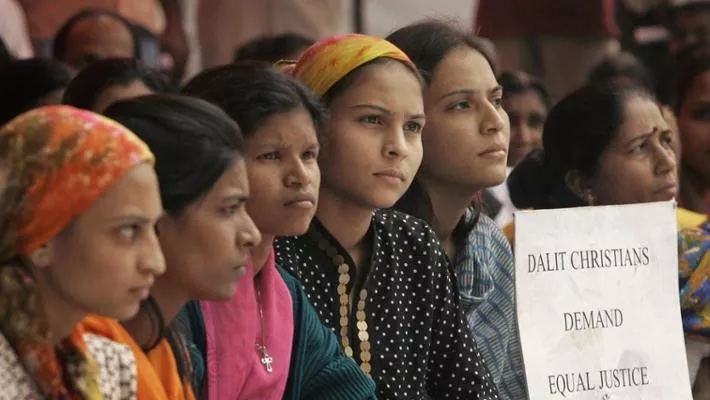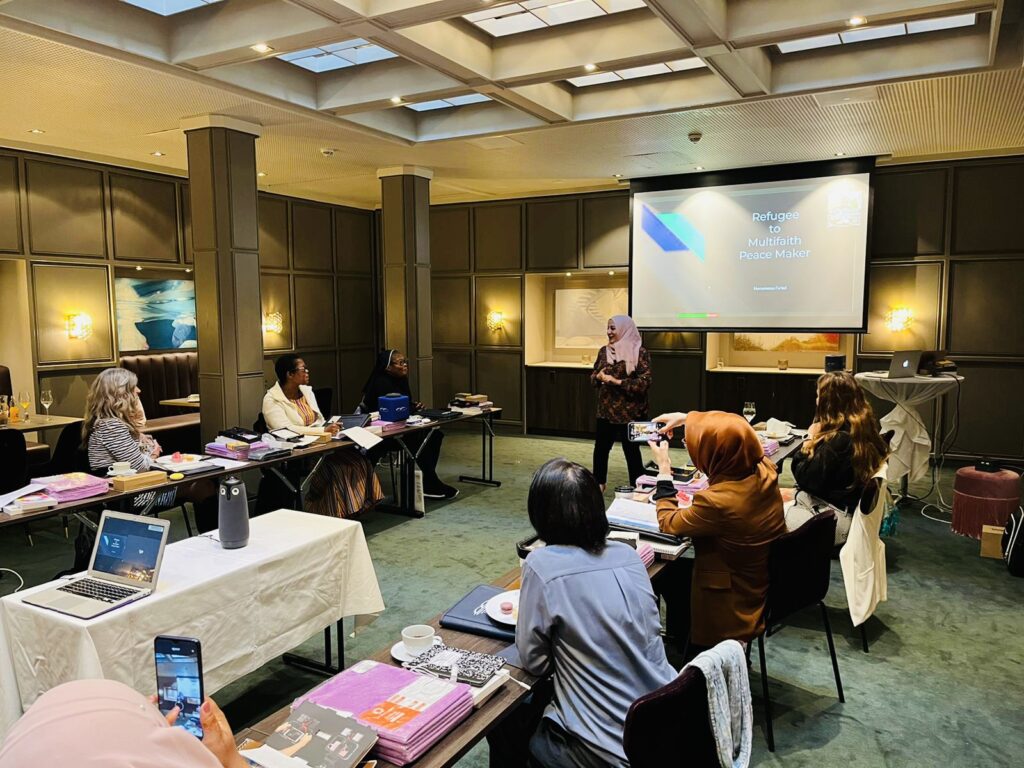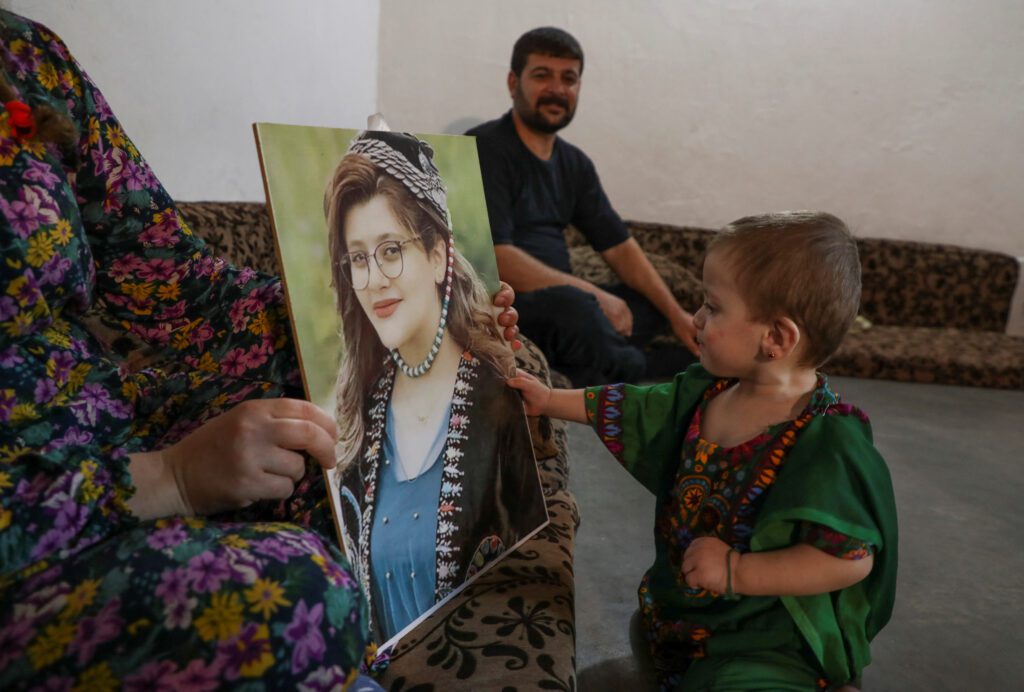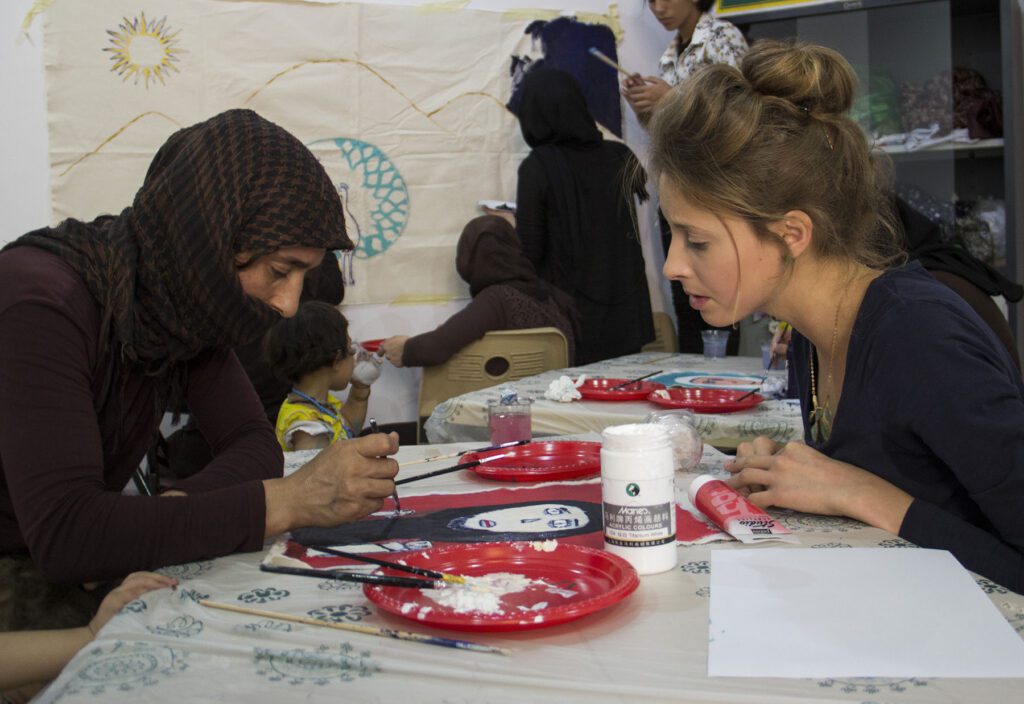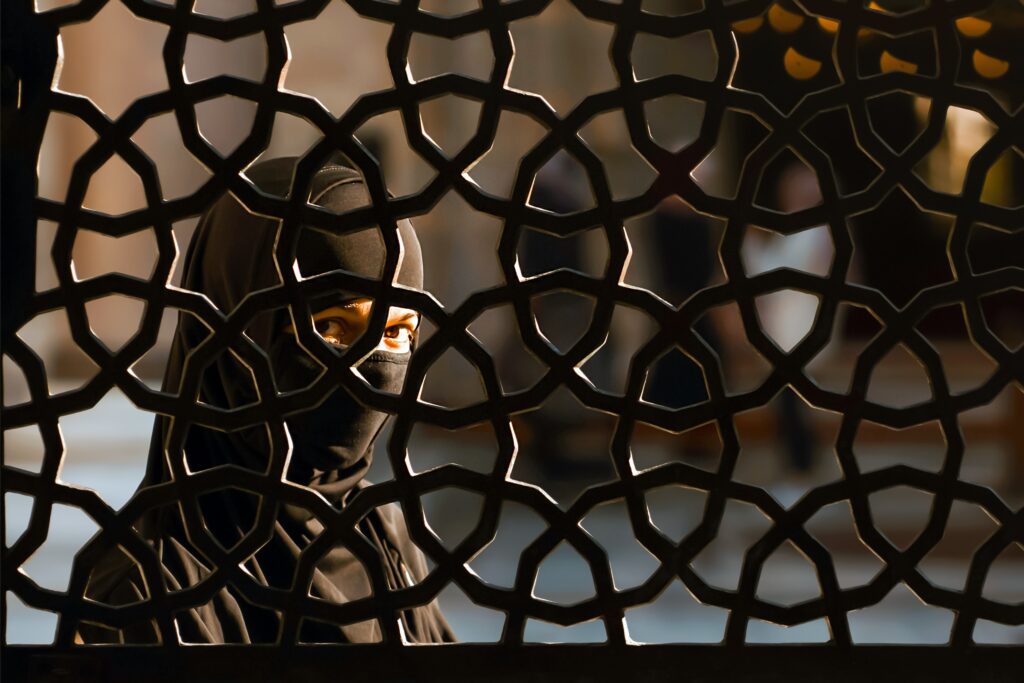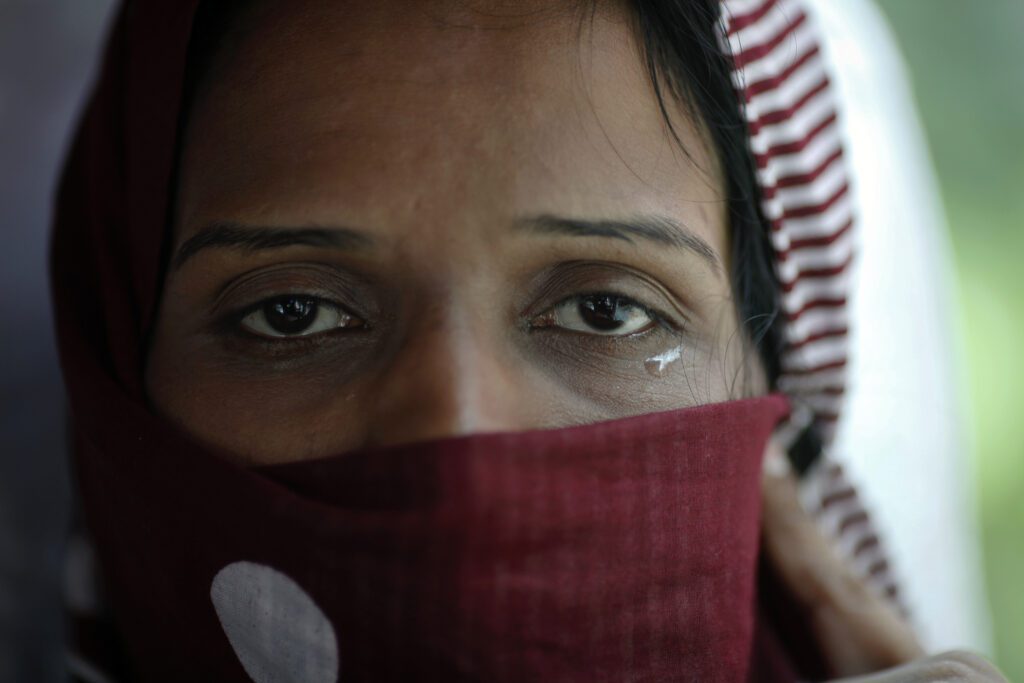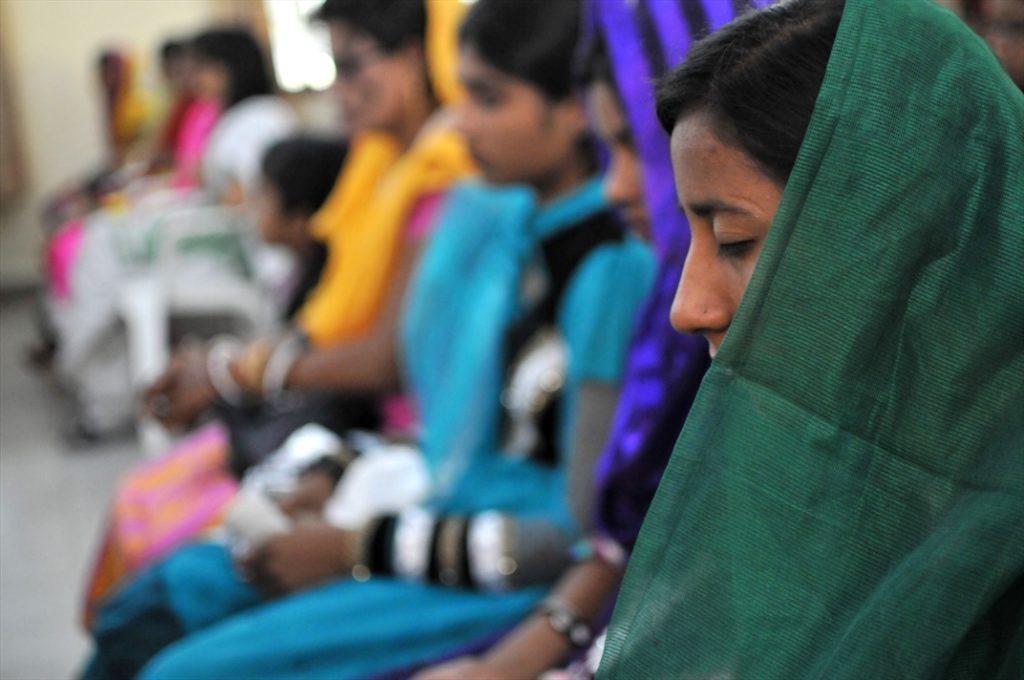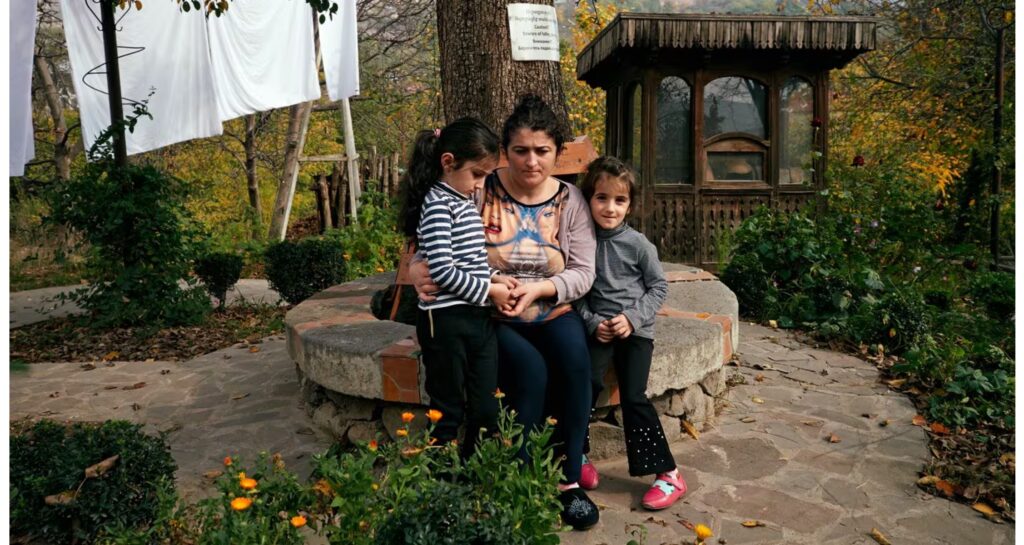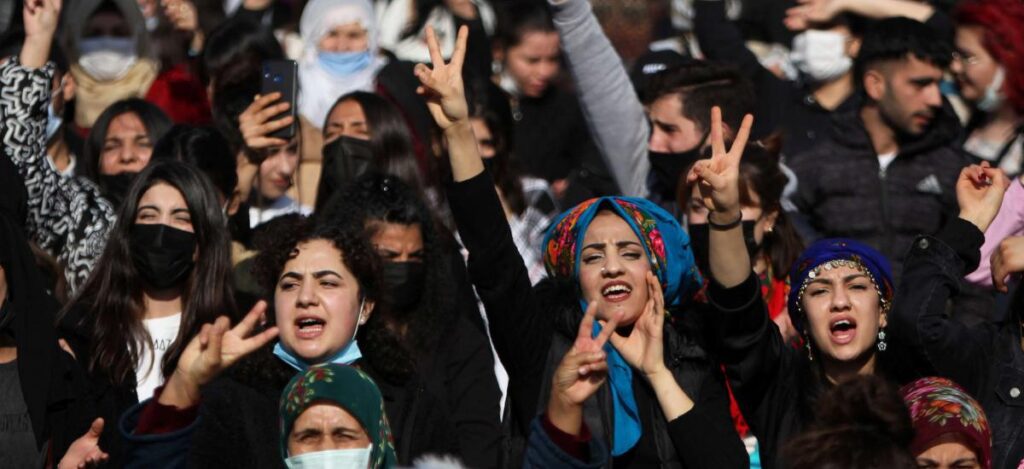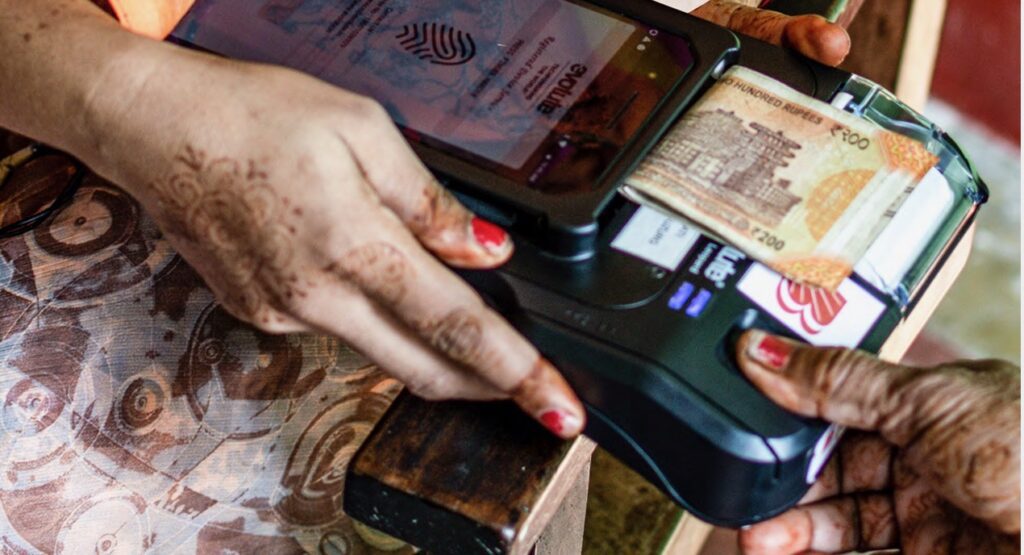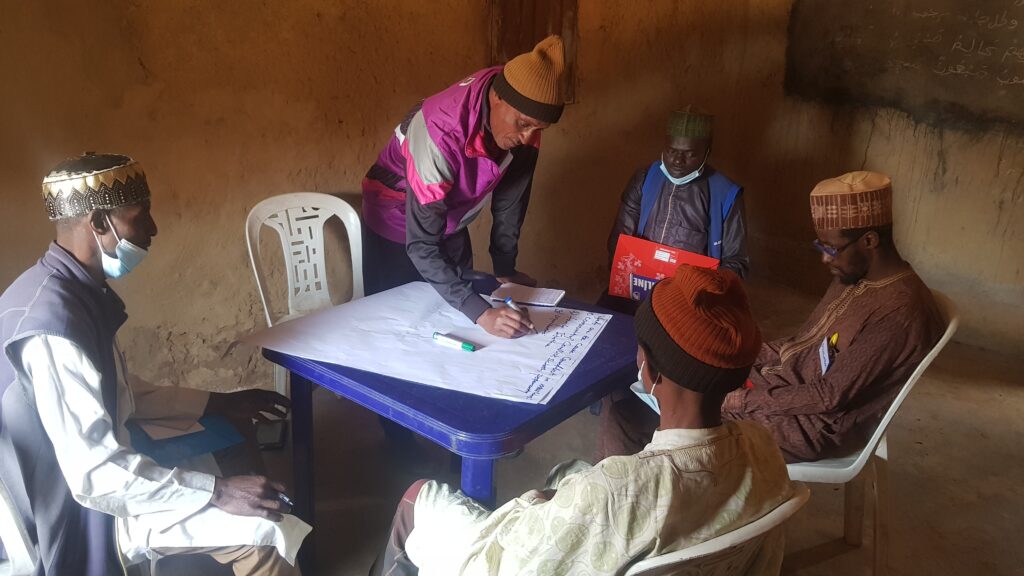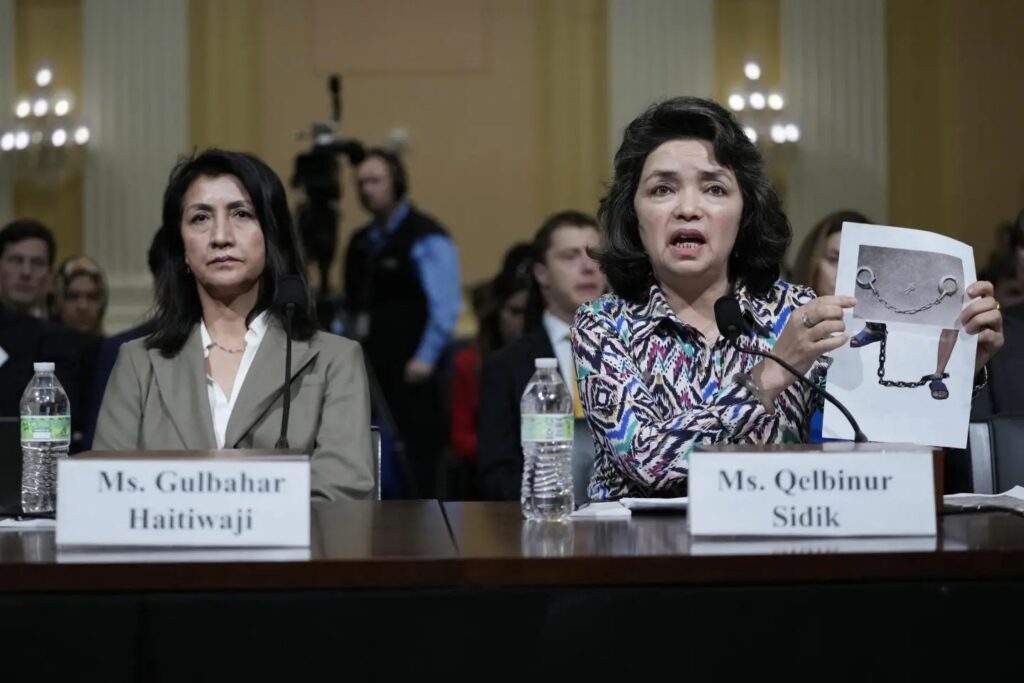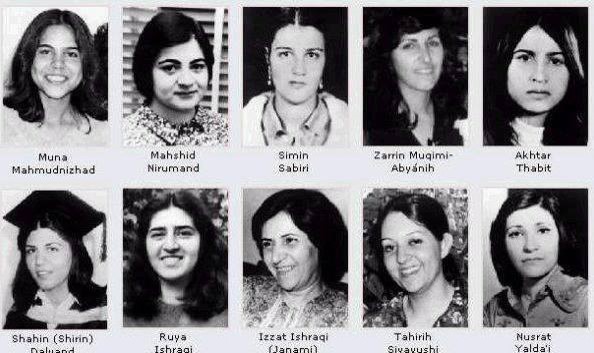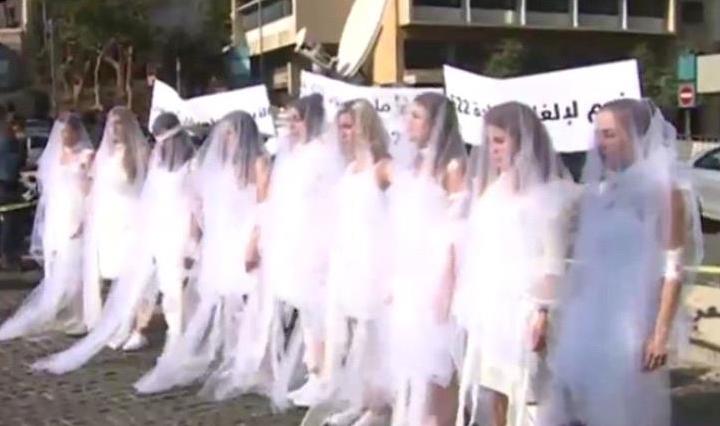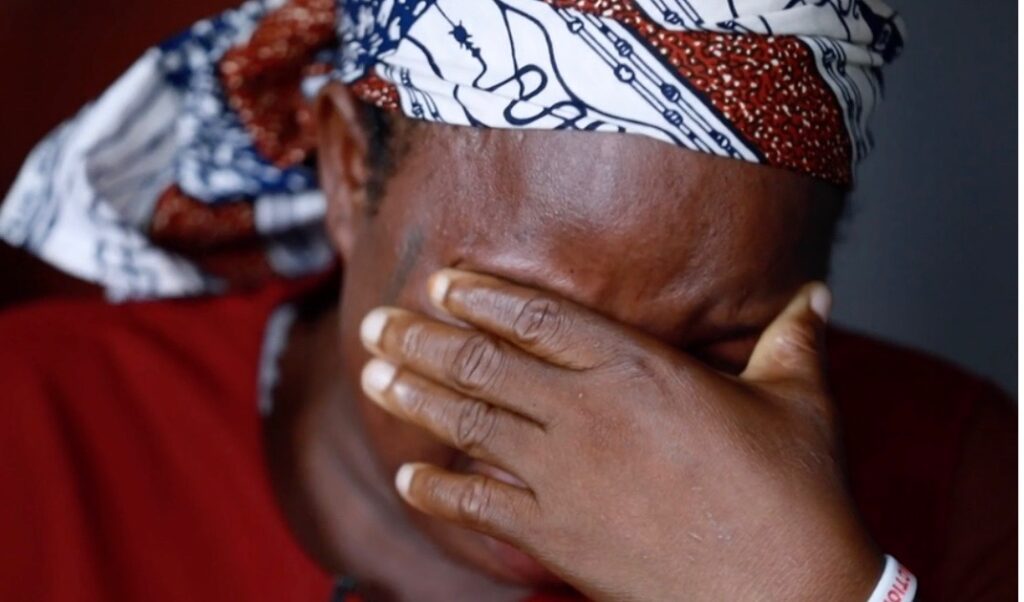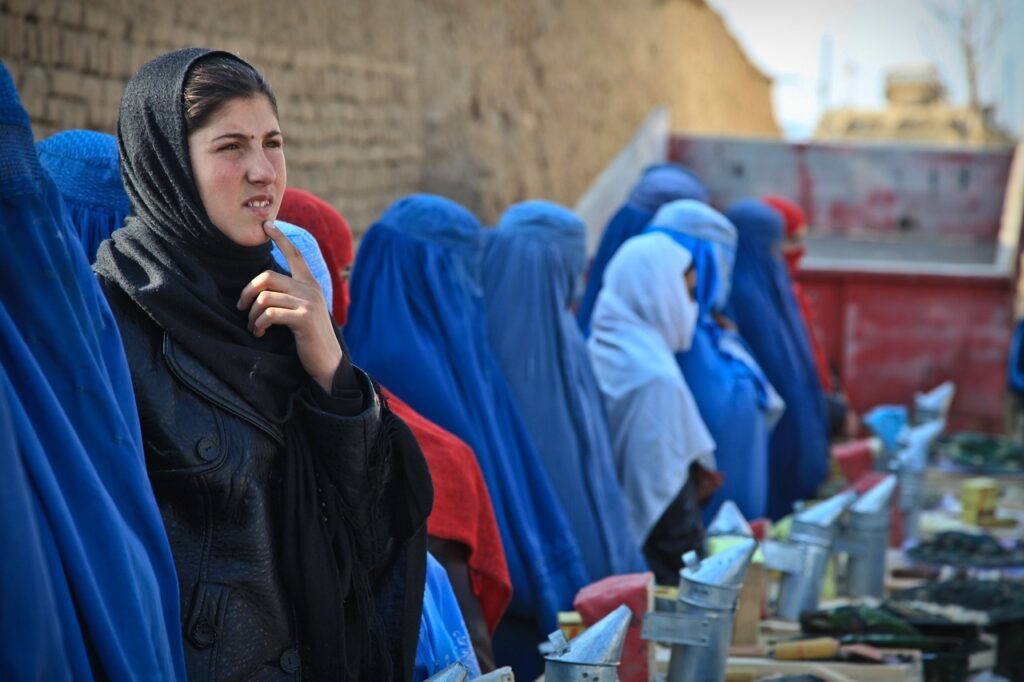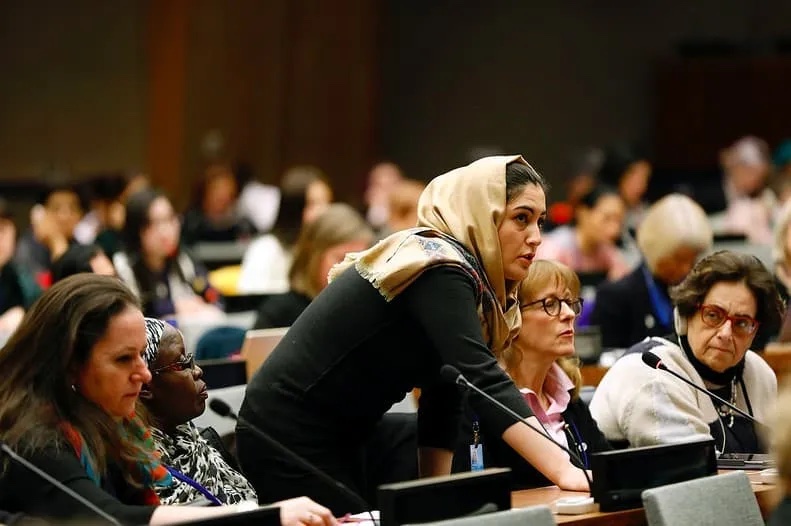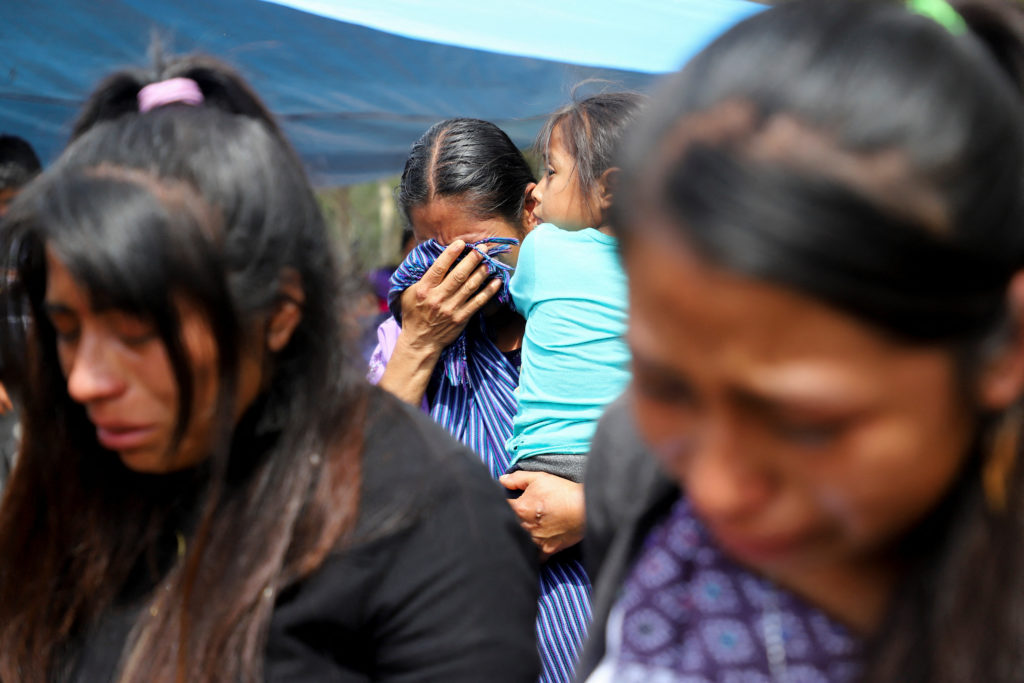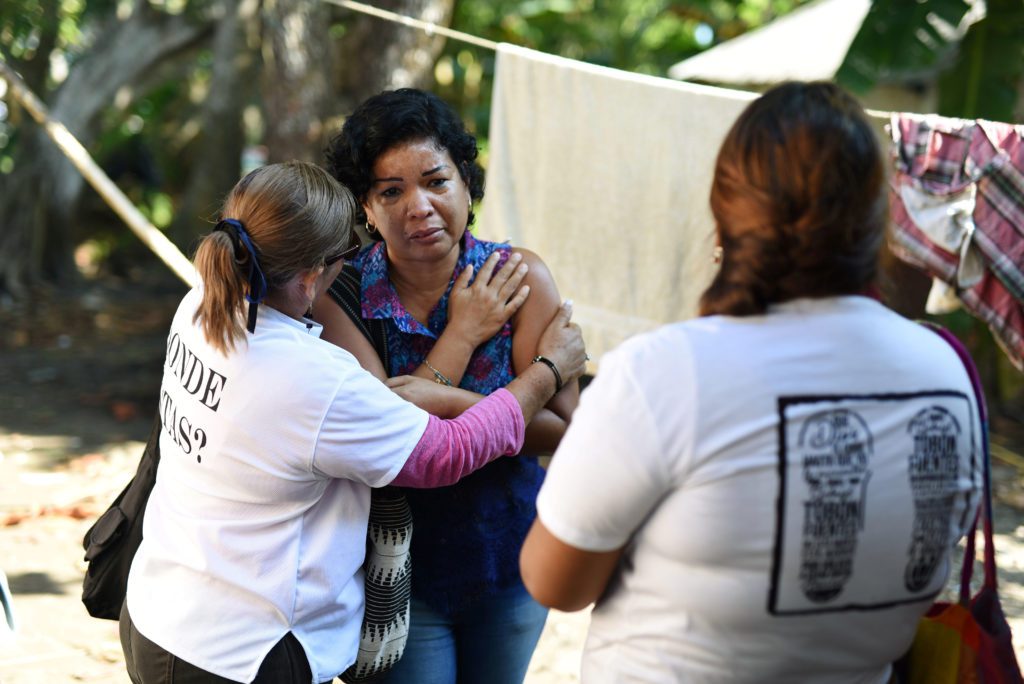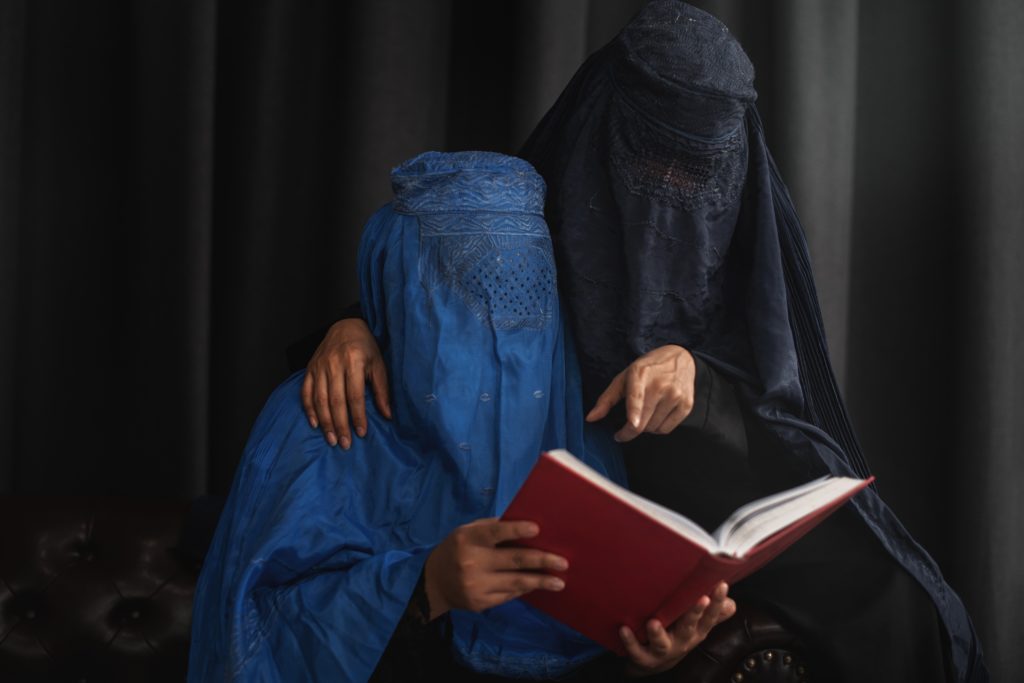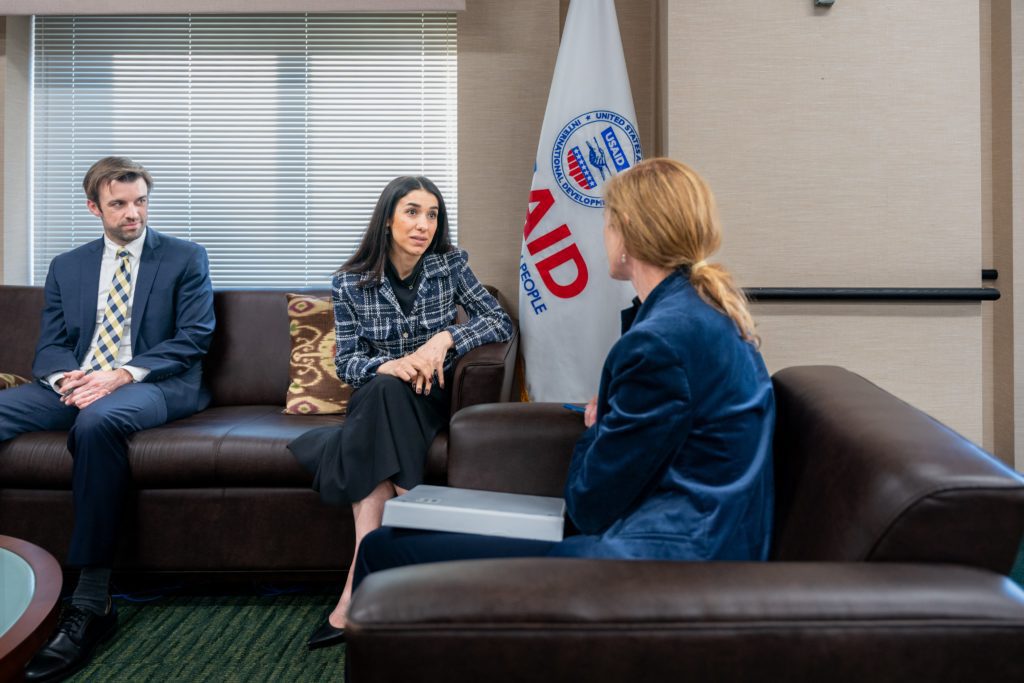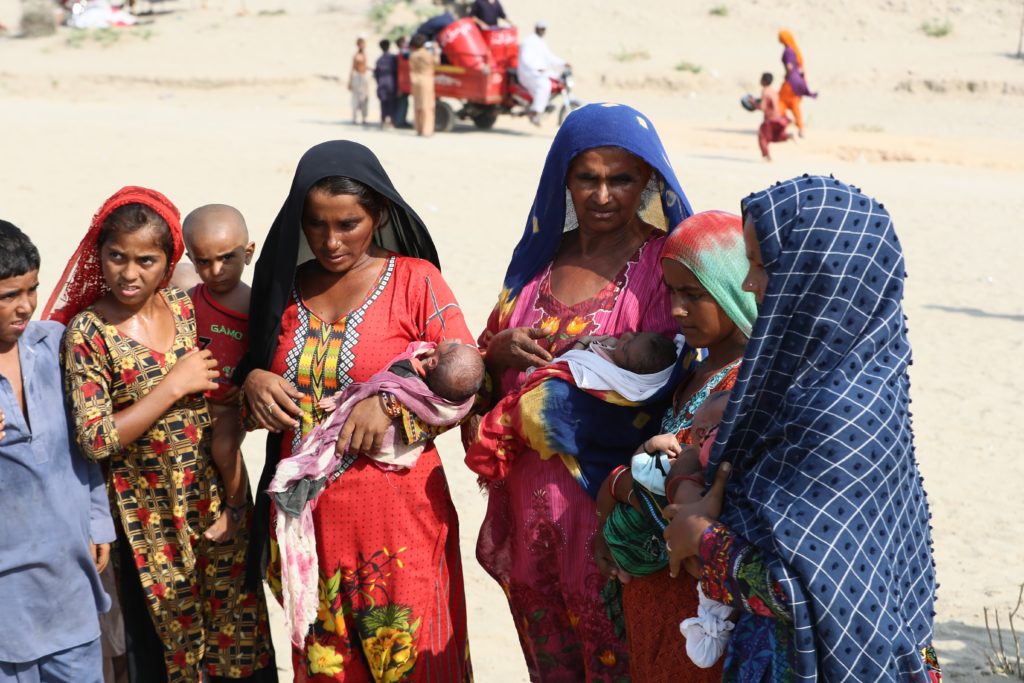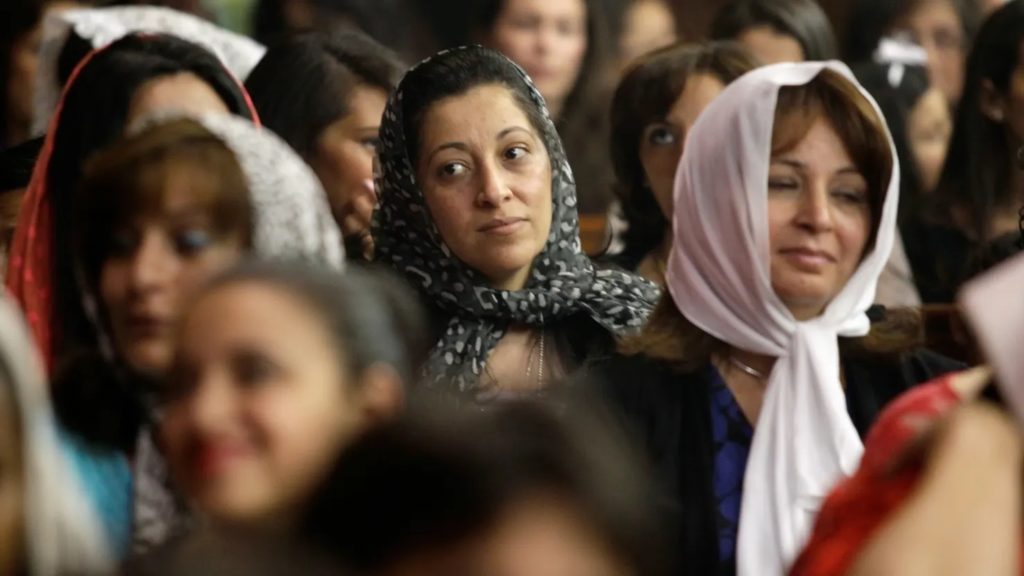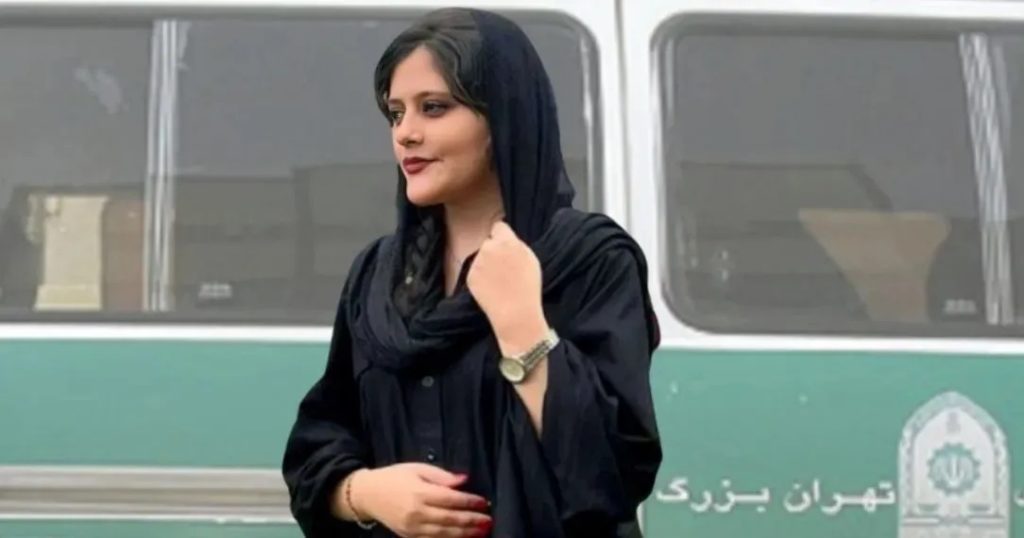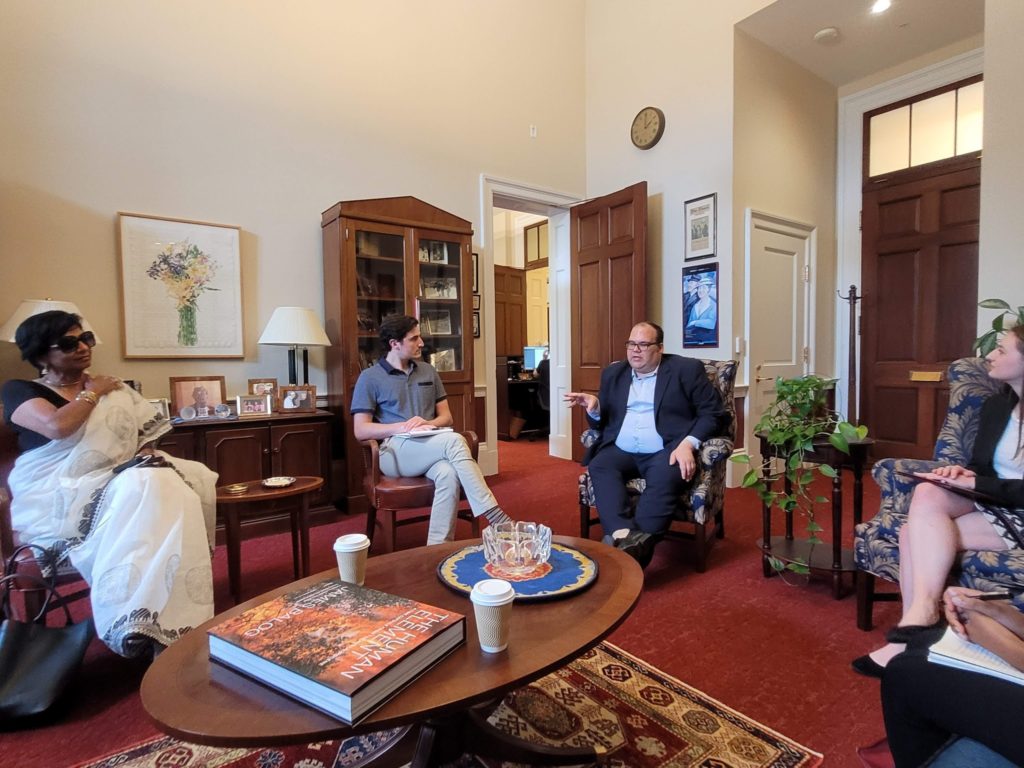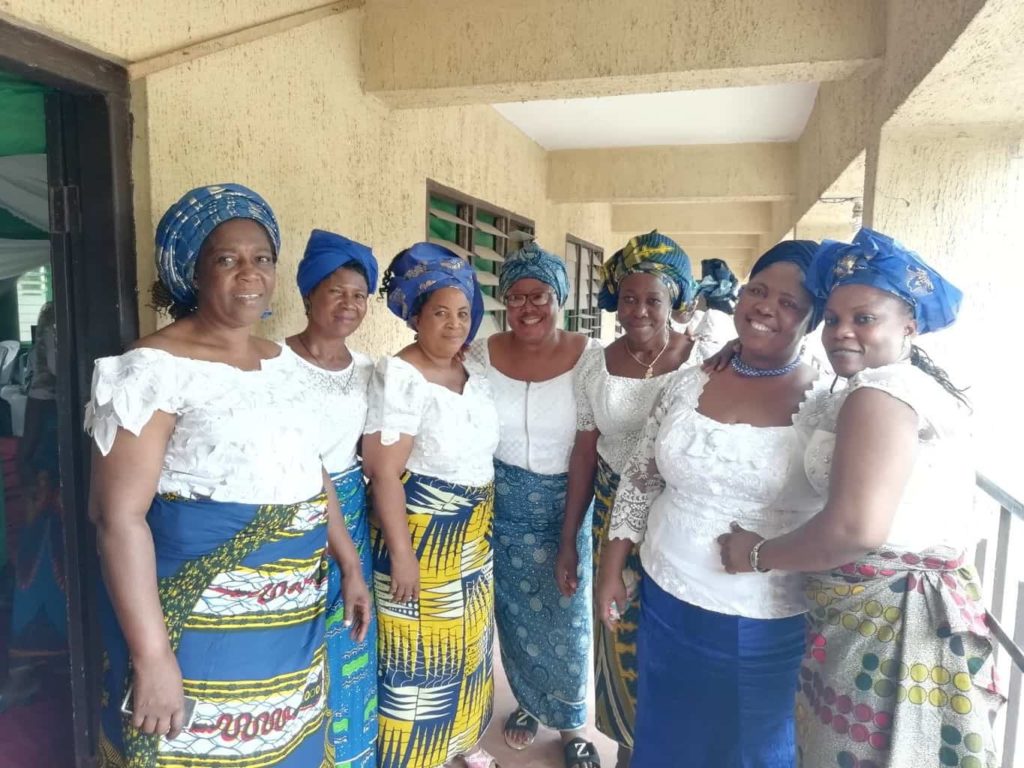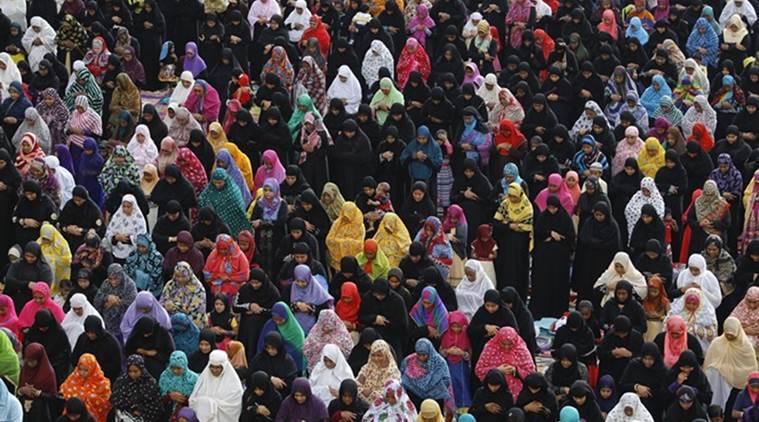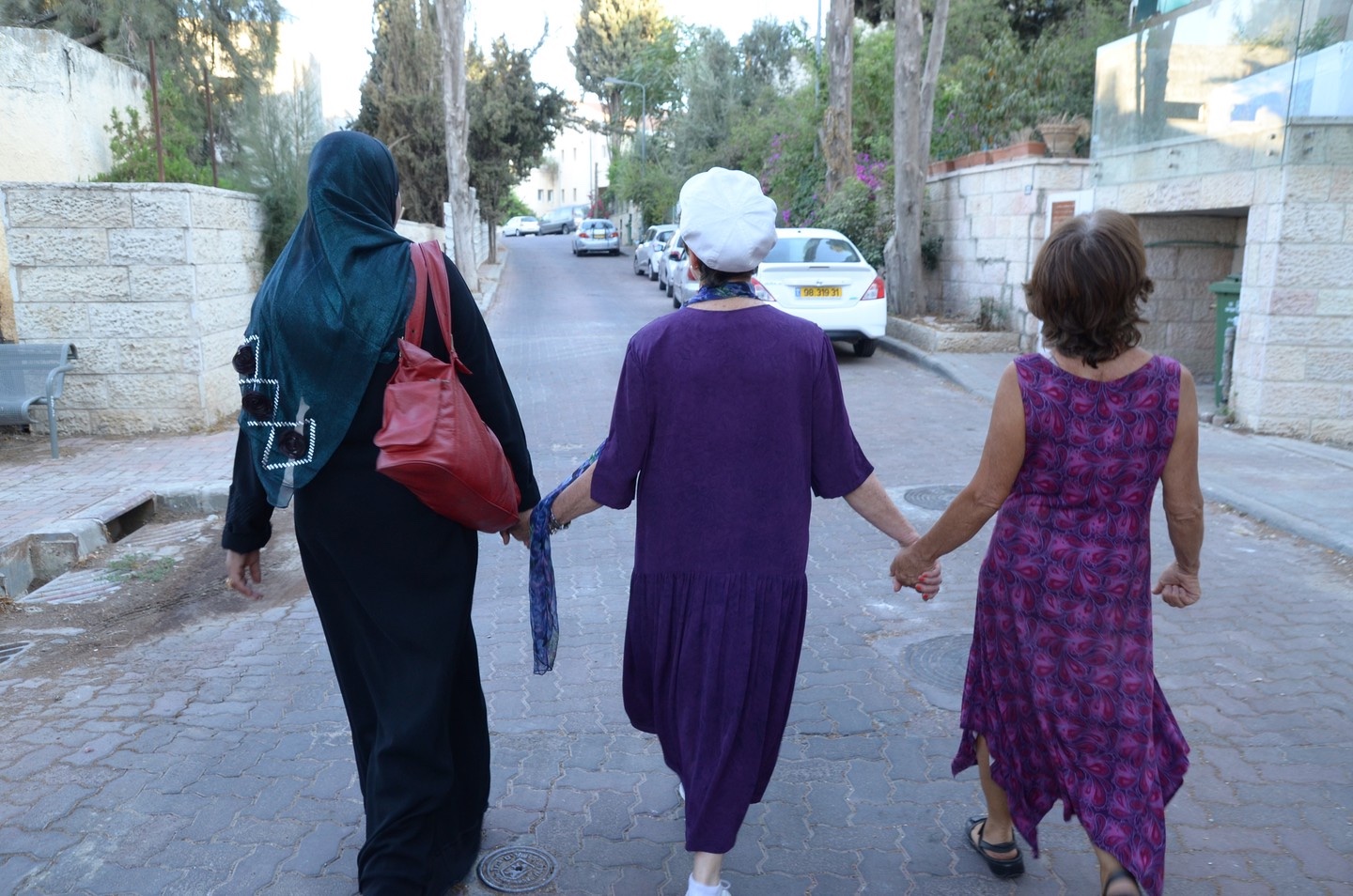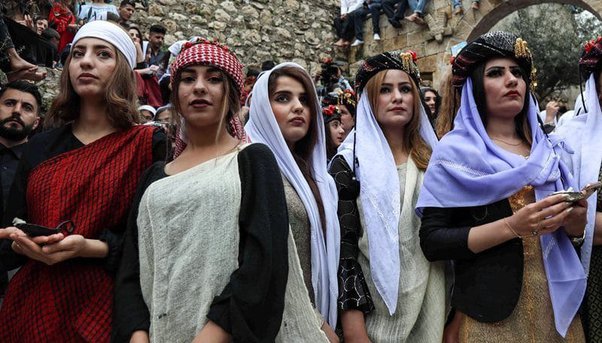The plight of a 15-year-old Roman Catholic girl, Saba Masih, abducted by a 45-year-old Muslim man and forced to marry him in Pakistan’s eastern Punjab province, highlights the threat of forced conversions faced by Pakistan’s religious minorities.
Older well-to-do men have been known to coerce poor Christian and Hindu underage girls into marrying them and convert them to Islam. In most instances, law enforcement officials and courts side with the man’s claim that the marriage and conversion were voluntary.
According to Saba’s father Nadeem Masih, a sanitation worker at a textile factory in the industrial city of Faisalabad, his daughter was abducted on May 20 by their 45-year-old neighbor, Muhammad Yasir. The police did not help the family in recovering her, saying that she had converted to Islam after consensually marrying Yasir.
Saba is not the first Christian girl to have gone missing in Faisalabad. Last year, 14-year-old Chashman Masih was taken from her school, only to have her family receive images by phone of a letter affirming conversion to Islam and an Islamic wedding document (Nikahnama). Chashman, a minor, also apparently signed an affidavit stating that her conversion to Islam and marriage to a Muslim man was willful.
Independent Human rights organizations reported “a record rise” in forced conversion cases of minority girls in Pakistan since 2020. According to some reports, 36 underage non-Muslim girls were kidnapped in Pakistan and forcefully converted to Islam since the beginning of 2021. This was a 177% increase from the thirteen cases reported in 2020.
Minority rights activists say that on average least 1,000 women from religious minorities, mainly Christians and Hindus, are forcibly converted and married annually in Pakistan. These numbers as described by Pakistani officials as “rubbish and baseless” but most experts agree that forced conversion is a serious problem in parts of Pakistan.
According to the Center for Social Justice, 70 percent of the victims of forced conversions were less than 18 years old, with 63 percent 14 years old or younger. Only 8 percent of women converts to Islam were reportedly above 18 years old.
The forced conversion problem is the result of the abject poverty of many Pakistani Hindus and Christians. In an environment which dehumanizes minorities –Pakistan’s population is 97 percent Muslim – some people see conversion to Islam as the means of staving off violence or hunger or just to live to see another day.
But, as is often the case in countries where freedom of religion or belief is under threat, women and girls bear the greatest brunt of religion-based persecution. Male Muslim predators target young girls and force them into marriage and conversion. In some cases, they are backed by influential Muslim clerics who see conversion and marriage as virtuous acts, notwithstanding the young age of the forced bride.
In Southeastern Sindh province, which is home to most of Pakistan’s remaining Hindu population, cleric-cum-politician, Mian Mithu, proudly runs a massive operation to convert Hindus and to help “poor girls” marry Muslim men of means. Mithu has been elected to parliament several times and is able to use his influence to ensure that marriage of underage girls to men much older to them is recognized as consensual as long as it is accompanied with conversion to Islam.
In March this year, a teenage Hindu girl was killed in Sindh after resisting abduction for forced marriage and conversion. 18-year old Pooja Kumari was “a girl full of life, often seen stitching traditional garments at their home in Rohri town in Sukkur district, some 470km (292 miles) north of the port city of Karachi, the provincial capital.”
Kumari was harassed by 24-year old Wahid Bux Lashari, a member of the powerful Lashari tribe. Lashari threatened Kumari with forced marriage and her family failed to get support from the local police against the powerful landowning tribe. Lashari eventually broke into the girl’s house and shot her dead when she resisted her abduction.
Pooja Kumari’s family takes pride in the fact that she resisted her abductor and died rather than marrying him and giving up her faith. But Pakistan, which is already of a U.S. government list of “countries of particular concern” for religious freedom violations, needs to legislate a ban on forced conversions and then follow it up with strict enforcement.
Pakistani politicians pander to extremist Islamists instead of protecting non-Muslim women and girls from predatory co-religionists. In some cases, the victims of forced conversion have been girls no more than 12 years old.
In October 2021, a parliamentary committee dominated by members of the party led by former Prime Minister Imran Khan rejected a bill against forced conversions. Khan’s Ministry of Religious Affairs opposed the proposed law, which was supported by legislators belonging to minority communities.
In 2016, the provincial assembly of Sindh province passed a law declaring forced conversion a crime, but the bill did not receive assent from the region’s governor. Attempts to criminalize forced conversions in Sindh failed, again, in 2019, reflecting a lack of will on part of political leaders to protect women and girls from minority religious communities.
Farahnaz Ispahani, an author and former member of Pakistan’s parliament, is a founding member of the Women’s FORB Alliance. Her books include, ‘Purifying the Land of the Pure – a history of Pakistan’s Religious Minorities’ (Oxford University Press, 2017)
Disclaimer: The views and opinions expressed in this article are those of the authors and do not necessarily reflect the official policy or position of FoRB Women’s Alliance.
